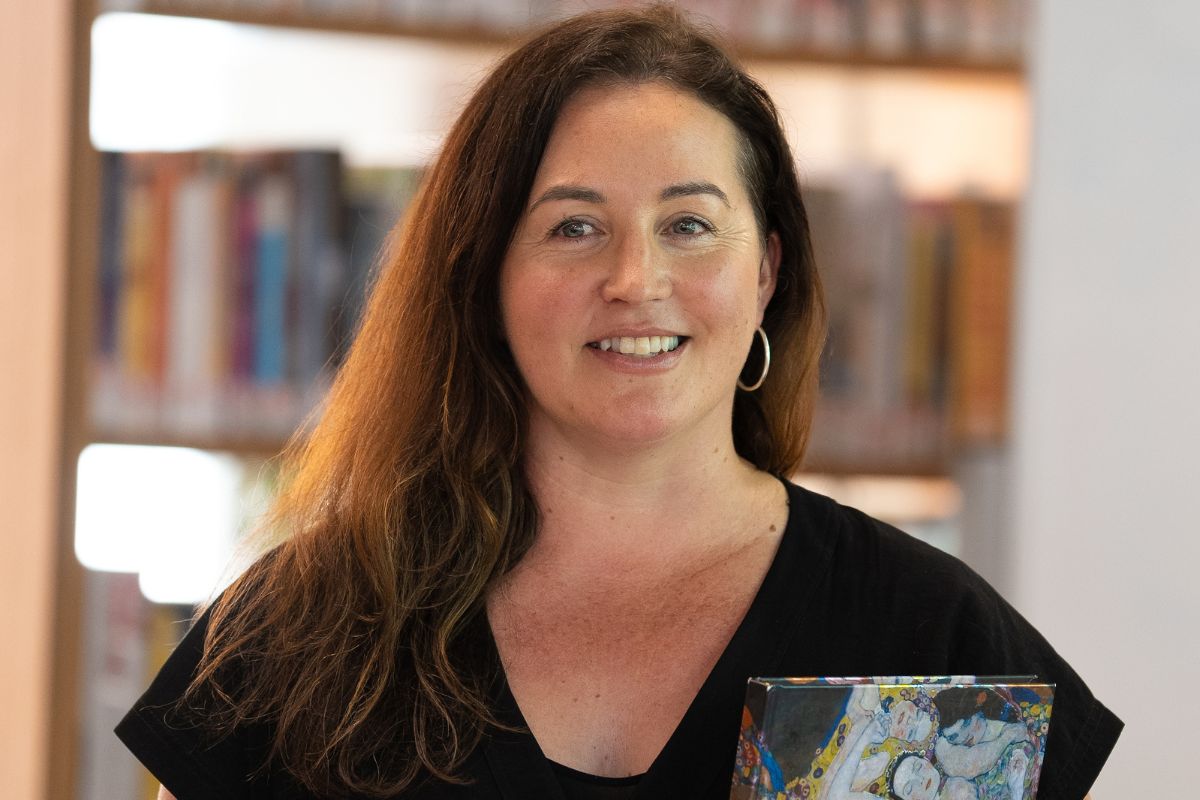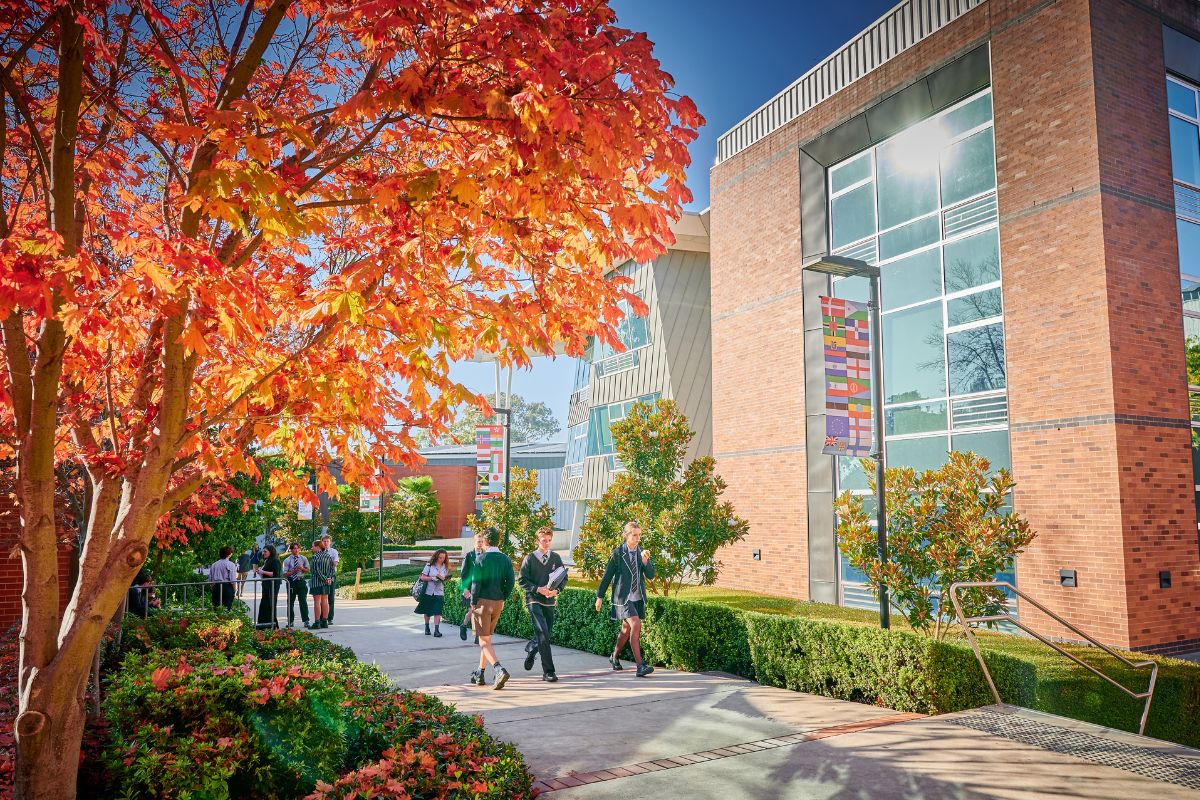The benefits of peer support

Professor John Toumbourou, Deakin University Chair in Health Psychology, says, “There is an urgent need for school programs to rebuild the wellbeing and resilience of Australian students in the wake of COVID-19. Peer support offers a model to improve wellbeing programs and reach large student populations”. His comments follow the release of a research report evaluating the effectiveness of Australian peer support programs.
Working closely with Deakin University’s Centre for Social and Early Emotional Development (SEED), Peer Support Australia commissioned the Promoting positive youth development in schools: A program logic analysis of Peer Support Australia. The report analysed the effectiveness of Peer Support Australia’s programs in the education sector.
Professor Toumbourou, the lead investigator of the report, says the report provided strong evidence about the effectiveness of peer support modules and delivered very clear, evidence-based recommendations for Peer Support Australia.
“Peer mentoring programs result in a range of health and social benefits, which become clearer when programs are clearly structured,” Professor Toumbourou says. “This is something Peer Support Australia excels at in its core areas of resilience, character and positive development. The programs have the potential to be further enhanced to reach more students and involve them in implementing prevention programs in their school and community.
“Given their evidence in improving student mental health, I would urge education providers to use these programs to build student resilience in the wake of COVID-19.”
Greg Cantwell, CEO of Peer Support Australia, says the report summarised the sustained innovation Peer Support Australia has achieved in the field of youth wellbeing. “We have always operated with the vision that through wellbeing, every Australian student can reach their full potential,” Mr Cantwell says.
Peer Support Australia
peersupport.edu.au


